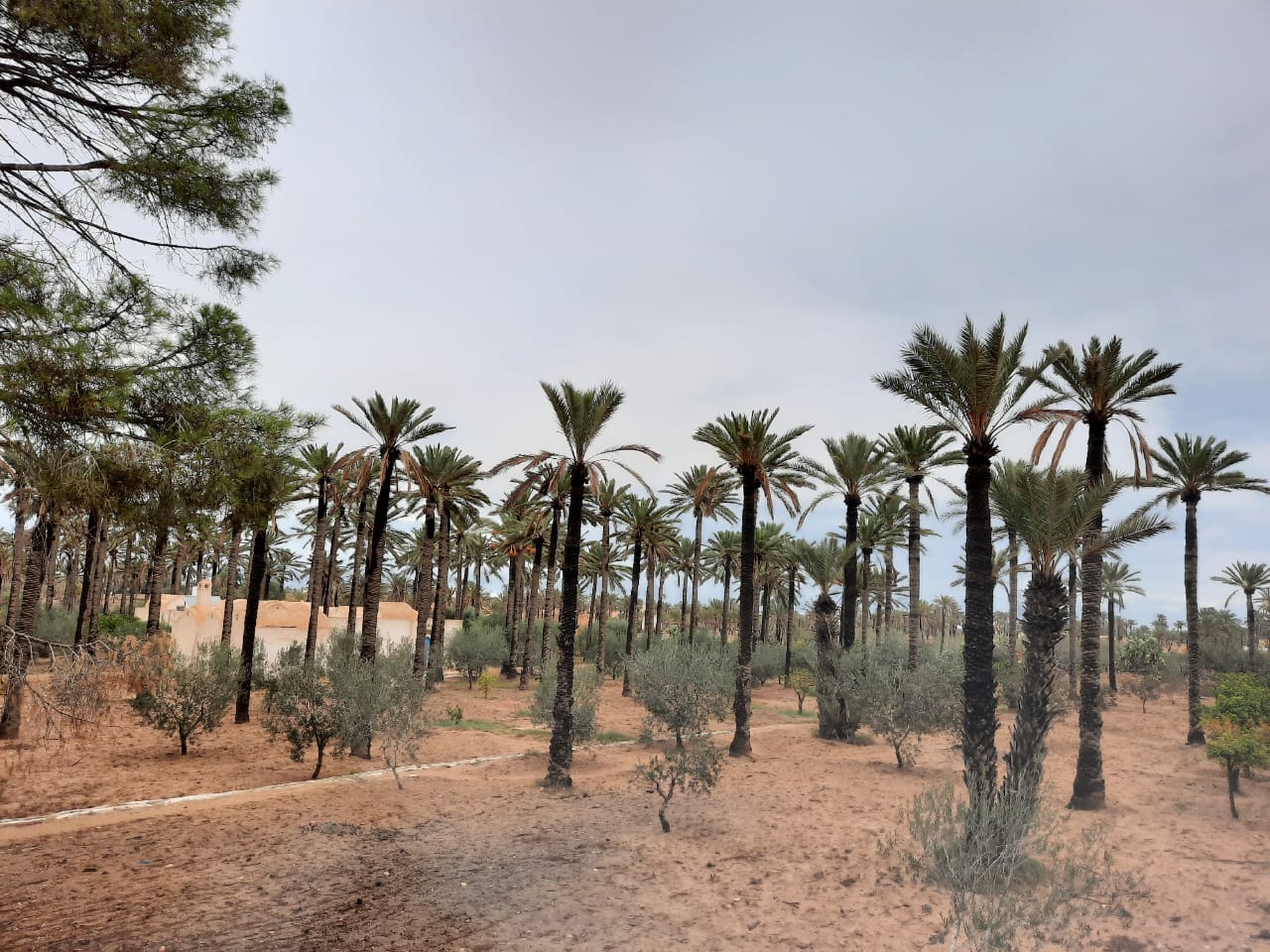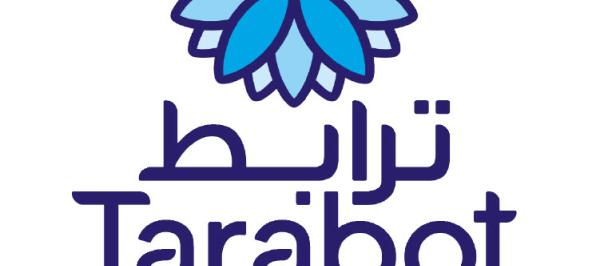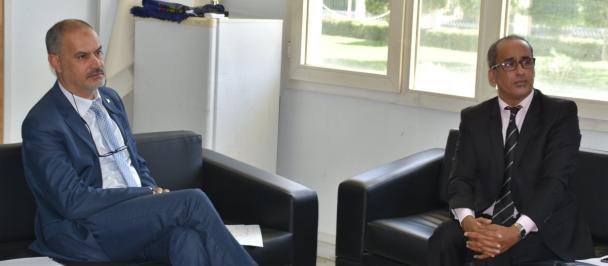By : Takoua Tayari, Business and Human Rights National Analyst
Connecting Business, Human Rights and Biodiversity
22 mai 2023

“Human rights are not the luxury that can be left until we find the solution to the world’s other problems, they are the solution to many of the world’s problems from the climate emergency to the misuse of technology. The answers to these crises are found in human rights”.
The statement from the United Nations Secretary General’s opening speech at the 52nd Human Rights Council in 2023had resonated with me and served as a catalyst for my own reflection on "Biological Diversity, Business, and Human Rights" at the “Law on Biodiversity, Nature Conservation, and the Protection of Cultural Heritage” conference in Jordan. This conference, organized by the Association of Environmental Law Lecturers in Middle East and North African Universities, provided a platform for discussion on crucial environmental issues.
Tunisia, a nation committed to the preservation of its biological diversity, has taken commendable steps towards this goal. The country has established protected areas, implemented regulations to safeguard biodiversity, and actively promoted sustainable development practices. These important measures were highlighted by H.E. the Minister of Environment, Ms. Leila Chikhaoui, during the conference. Her speech also shed light on the significance of environmental law education and development.
During my presentation at the workshop, I showcased the United Nations Development Programme's (UNDP) emphasis on the interplay between biodiversity and human rights. The decline of biodiversity presents significant environmental challenges, affecting our health, livelihoods, and overall well-being. Acknowledging the urgency of addressing this issue, UNDP integrates biodiversity conservation into its development actions and supports the implementation of the United Nations Guiding Principles on Business and Human Rights (UNGPs).
One of UNDP's notable initiatives is supporting Tunisia in formulating its first-ever National Action Plan (NAP) on Business and Human Rights. This plan will outline priorities and actionable steps to uphold the UNGPs. By advocating for responsible business practices, this will also seek to create a level playing field that protects both human rights and biodiversity.
To evaluate the impact of human rights and conservation efforts, UNDP is assisting Tunisia in conducting a national baseline assessment (NBA) on B+HR. This assessment aims to identify human rights challenges stemming from business operations. Various stakeholders, including the government, businesses, unions, civil society organizations, academia, and national human rights institutions, have actively contributed to the first step.
Furthermore, UNDP facilitates knowledge sharing between countries and supports Tunisia in aligning its national targets, strategies, and action plans with the new Global Biodiversity Framework. This involves promoting sustainable land use practices, effective forest management, and ecosystem-based approaches to climate change adaptation and mitigation.

Palm trees in Mahboubine, Djerba, November 2021
As the UNGPs stress the responsibility of businesses in identifying and mitigating negative impacts on both human rights and biodiversity through due diligence, businesses are encouraged to involve stakeholders in decision-making processes, taking into account their concerns and perspectives. To do so, UNDP's B+HR Academy provides capacity-building and guidance on Human Rights Due Diligence (HRDD), including actively participating in nature conservation efforts, protecting ecosystems, habitats, and endangered species, and fostering awareness.
UNDP is dedicated to promoting the integration of biodiversity conservation into development planning and decision-making processes. Collaboration among the government, civil society, the private sector, and academia is paramount.

 Locations
Locations



